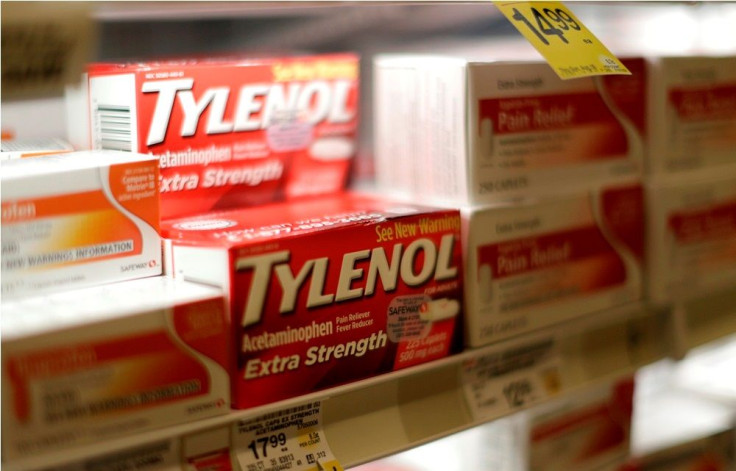Acetaminophen comes on top of accidental infant poisoning list

Acetaminophen, such as Tylenol, was the top reason behind poisoning of infants in the US in the past decade. Poison control centre calls also show that H2-blockers used for acid reflux, gastrointestinal medications, a combination of cough and cold products, antibiotics and ibuprofen such as Motrin or Advil are also included in the list of accidental poisoning in infants.
Min Kang, a medical toxicology fellow at Banner-University Medical Centre Phoenix in Arizona, said that the large number of exposures even in such young age is surprising. Doctors typically do not educate clients on poison prevention until babies reach six months. However, the researchers think that the results of the study may be due to exploratory ingestion, when babies start to explore their environment and experiment with things that they are not supposed to.
The researchers also found that the infants' most common non-medication exposures were from diaper care and rash products, plants, creams, lotions and make-up. The study was published online in the journal Pediatrics on Jan. 13. It involved reviewing poison control centre calls related to infants younger than six months from a national database from 2004 through 2013.
The team observed that there were 270,000 exposures reported during that time; 97 percent of these were unintentional. Half of the calls were due to unintentional ingestions stemming from children’s exploration of their environment.
Additionally, 37 percent of the cases were due to administration of the wrong medicines to babies. Forty-seven percent involved incorrect dosages, and 43 percent involved giving medicines twice or sooner than what was advised. More than 22,000 medication exposures were due to acetaminophen, and it also caused nearly 5,000 general exposures.
Diaper creams and lotions likely top the list because infants can easily reach these products especially when left on diaper-changing areas. Ethanol poisonings were also reported because parents most likely leave empty glasses or bottles of alcohol around. Low-lying plants, some of which were toxic, were also a source of concern but somehow unexpected.
The calls due to cough and cold medications also surprised the researchers. Emily Borman-Shoap, the director of a pediatric residency programme at the University of Minnesota, said that children under age six are not recommended to receive such medications. Despite warnings about the age restriction, parents reportedly still administer such medicines to their children.
The researchers say that the study shows how there is still room for ongoing education for parents in administering medications to their children. Additionally, doctors should offer programmes that will teach patients how to prevent and manage poisoning as early as the time the baby leaves the hospital.





















